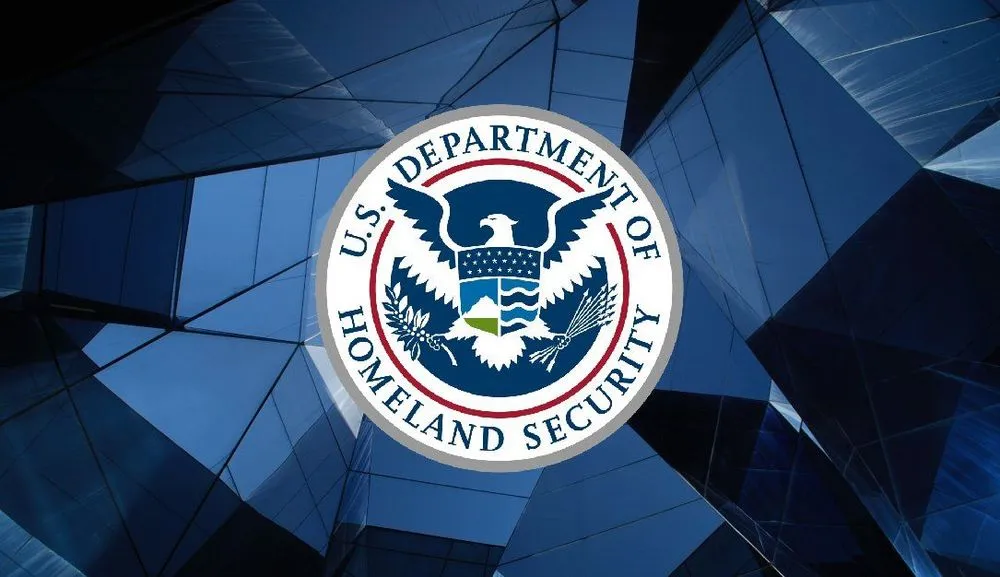Senate panel OKs cyber information sharing bill
The Senate Homeland Security Committee on Wednesday easily approved legislation that would require the Homeland Security Department to participate in cyber information sharing agreements with Congress.
The panel decided by voice vote during a business meeting to advance the Intragovernmental Cybersecurity Information Sharing Act, which would ensure that administrative officials in booth chambers — including the Senate’s Sergeant at Arms and the House’s Chief Administrative Officer — receive “direct and timely” information about existing digital threats and network vulnerabilities from the executive branch.
“We all know about this persistent and growing threat and this bill's another step, in my view, in the right direction to help provide a united defense against these various state and non-state actors,” Sen. Rob Portman (Ohio), the panel’s top Republican and lead sponsor on the bipartisan measure, said at the start of the session.
The legislation, which now heads to the Senate floor for a vote, is the latest attempt by lawmakers to gird federal networks and systems against potential cyberattacks. The U.S. and its allies have issued a steady stream of warnings about Russian cyberthreats since the country's unprovoked invasion of Ukraine.
The measure is also another legislative response to the massive SolarWinds espionage campaign, in which Russian hackers infiltrated nine federal agencies and roughly 100 private companies.
In March, President Joe Biden signed into law a landmark bill that requires critical infrastructure owners report to federal officials if their organization has been hacked or made a ransomware payment. The Cybersecurity and Infrastructure Security Agency has up to two years to publish a notice in the Federal Register on proposed rule-making to implement the effort, though that process may speed up due to heightened concerns about Kremlin-backed cyberattacks.
Martin Matishak
is the senior cybersecurity reporter for The Record. Prior to joining Recorded Future News in 2021, he spent more than five years at Politico, where he covered digital and national security developments across Capitol Hill, the Pentagon and the U.S. intelligence community. He previously was a reporter at The Hill, National Journal Group and Inside Washington Publishers.



